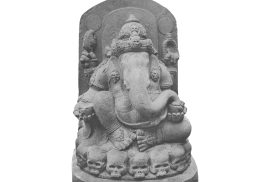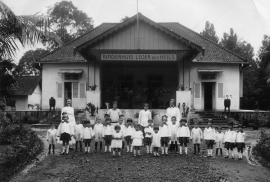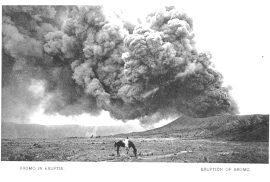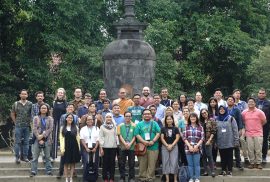Building a Community-Based History Conscious Heritage
Department of History, Universitas Gadjah Mada
5-10 August 2024
About the Summer School
The return of heritage objects from the Netherlands to Indonesia over the past few years has raised major questions about the meaning of heritage objects in society. There is no doubt that museums are foreign institutions for Indonesians and that museums are only visited by school children who are required to attend. Why is tangible heritage and its institutions such as museums often perceived as alien and distant from the community? Critics of cultural heritage scholars suggest that one of the main reasons for the distance and alienation of heritage stored in museums lies in the inherent nature of museums as colonial institutions. Museums and the production of knowledge about heritage that emerged alongside colonialism and the formation of sciences such as archaeology and linguistics are based on Western ontologies that therefore contain and replicate the epistemic violence of Western colonialism.




